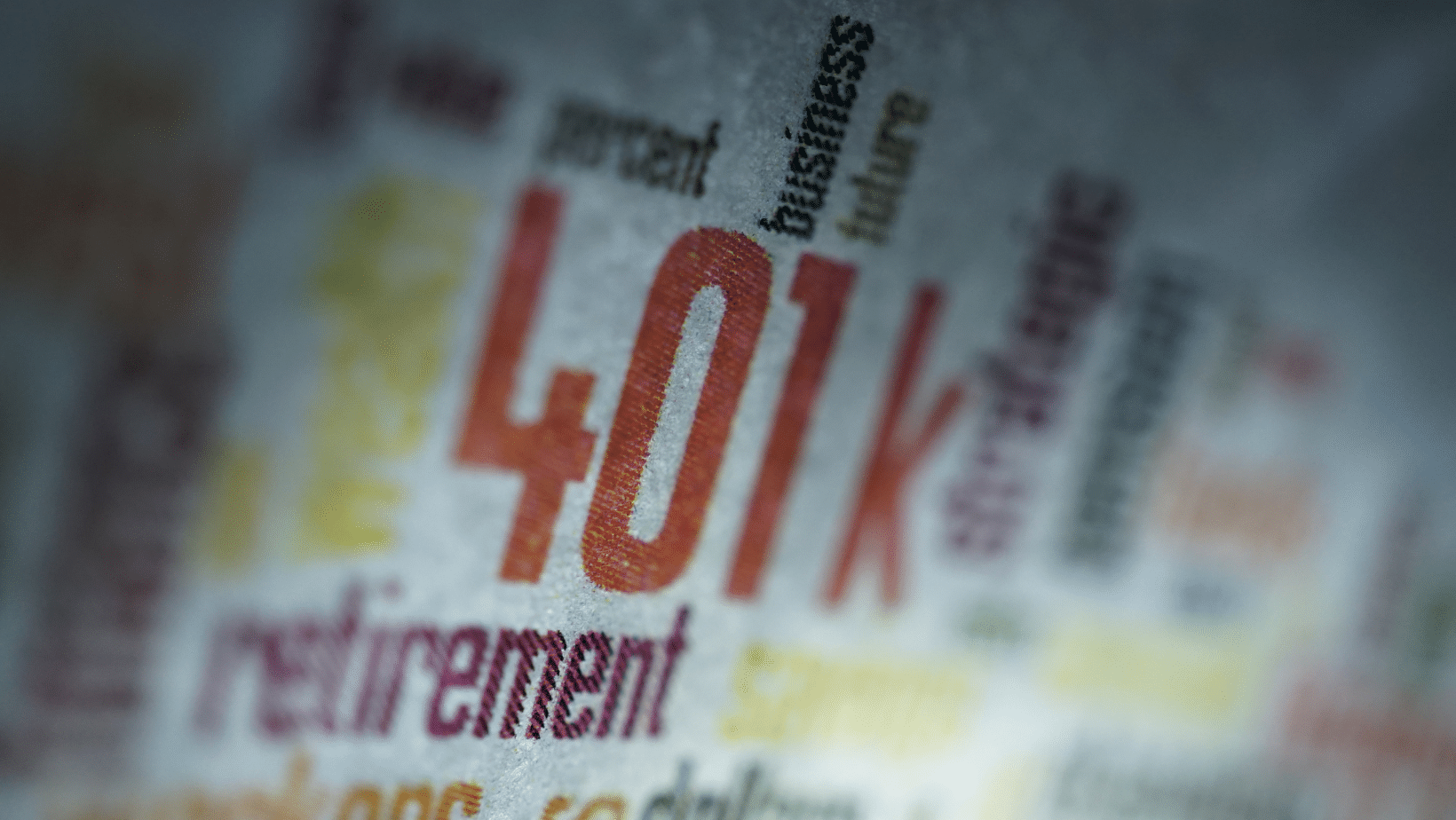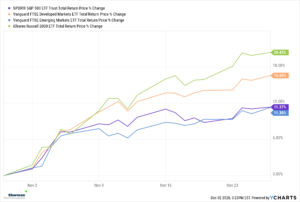The popular Paycheck Protection Program (PPP), which provides forgivable loans to small businesses to keep them afloat during the pandemic, will reopen with a few changes as the federal government attempts to better target the money to the underserved, smaller businesses that need it most.
Below you will find some key facts from the updated stimulus package. Check here for further information and details.
- The PPP was re-upped by the $900 billion stimulus package President Trump signed just after Christmas.
- The Small Business Administration will restrict lending the first two days of the program, to community-based lenders like CDFIs making loans to first-time borrowers.
- That restriction follows criticism that businesses with strong banking relationships and more resources were more easily able to access money from the first round of the program than were their smaller, less-resourced peers.
- Then the program will open up to second-time borrowers that can demonstrate losses of at least 25% between 2019 and 2020 and that have 300 employees or fewer.
- The SBA said that larger lenders will be able to begin making loans under the updated program “shortly” after Wednesday, January 13, but did not specify an exact date.
- This new round of the PPP will be open through March 31, 2021.
- The new stimulus bill set aside $284 billion for the current tranche of the PPP.
As we learn more about the details and regulations of this PPP package, we will share with you. Please reach out with any questions or if this new stimulus may impact you in any way. You can book a free 30-minute consultation on our site here.











